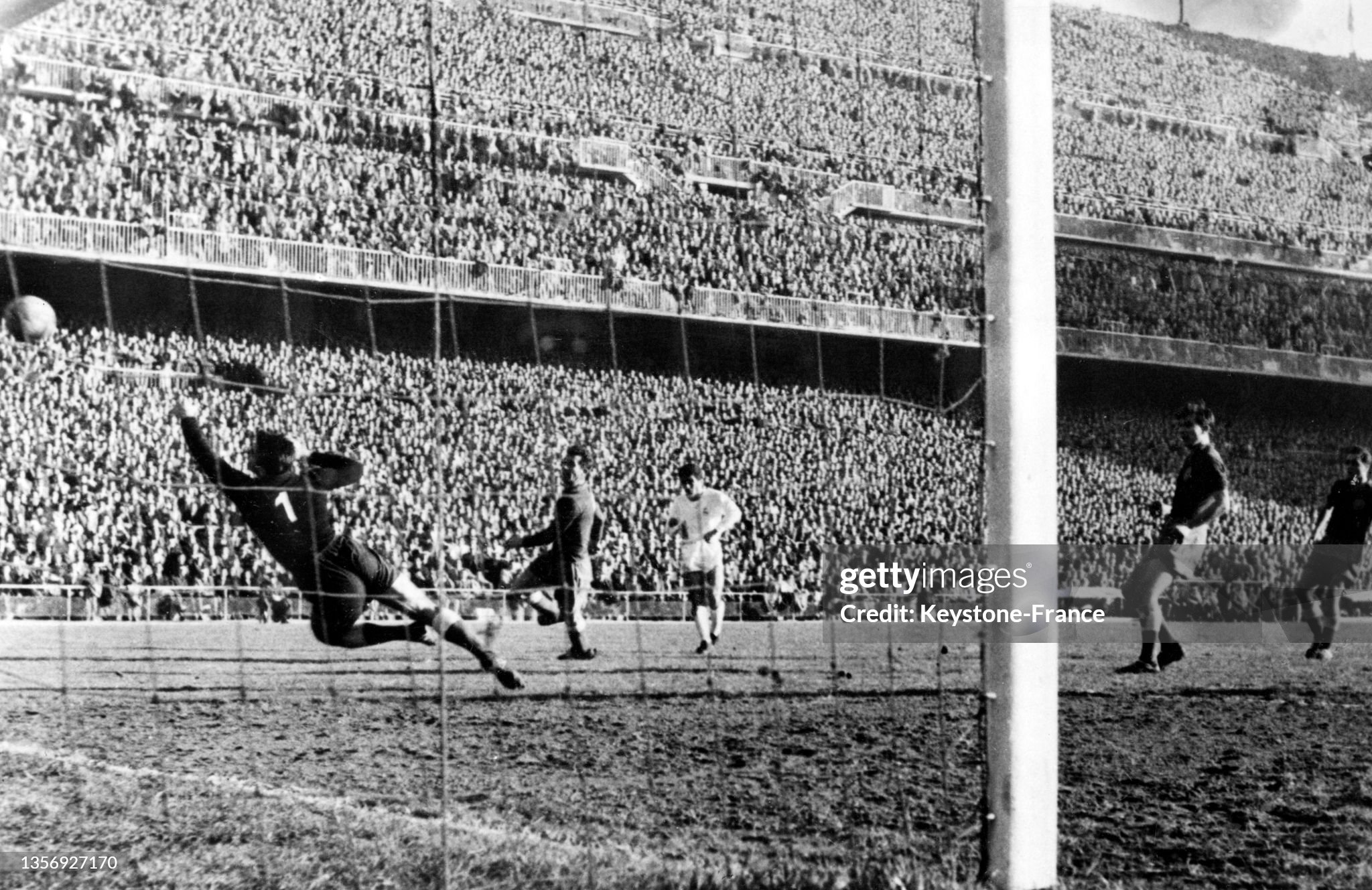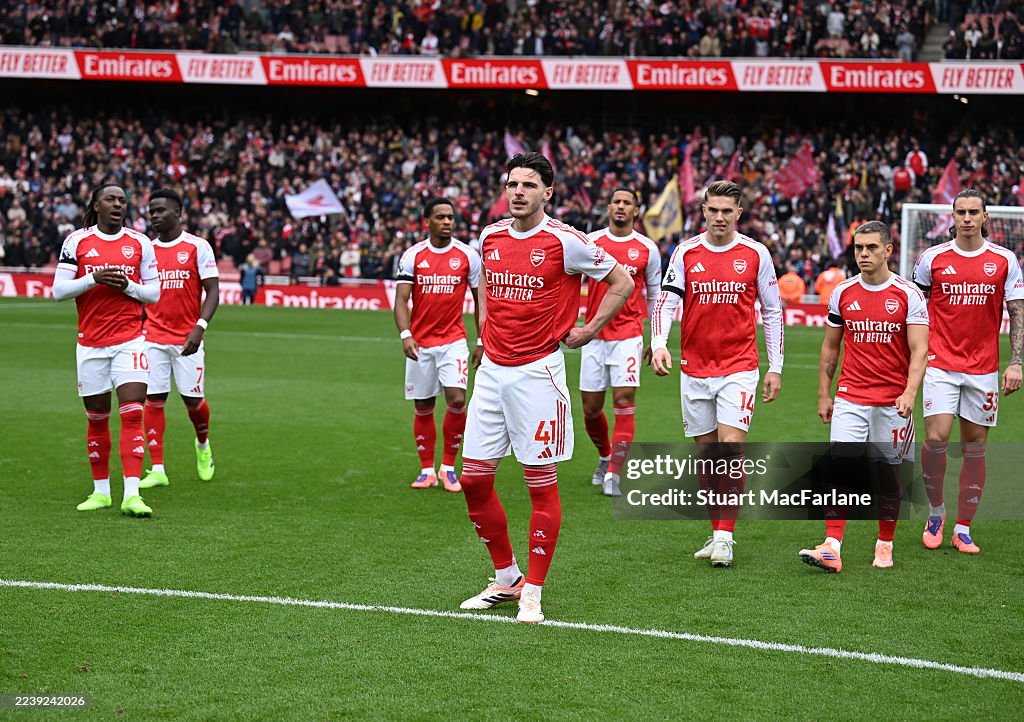The UEFA Champions League, also known as the UCL, is an annual football club competition organized by the Union of European Football Associations (UEFA) since 1955.
 Embed from Getty Images
Embed from Getty Images
The UEFA Champions League, also known as the UCL, is an annual football club competition organized by the Union of European Football Associations (UEFA) since 1955. It is considered the most prestigious club competition in the world of football, with the best teams from various countries across Europe battling it out for the title.
The first edition of the tournament, known as the European Cup, took place in 1955-56. The competition was initially created by Gabriel Hanot, a sports journalist from L'Equipe, who suggested the idea of a European club tournament to his editor, Jacques Ferran. The first season of the competition was contested by 16 teams from across Europe, with Real Madrid emerging as the inaugural winners.
Real Madrid went on to dominate the competition in the early years, winning the first five editions of the tournament between 1956 and 1960. However, the competition started to become more competitive as more teams from different countries participated, with AC Milan, Liverpool, Bayern Munich, Barcelona, and Manchester United among the other clubs to have tasted success over the years.
In 1992, the tournament was rebranded as the UEFA Champions League, with a new format introduced to include a group stage followed by knockout rounds. The new format was designed to give more clubs from across Europe the chance to participate in the competition and increase the level of competition.
Since then, the Champions League has continued to grow in popularity, with millions of football fans tuning in to watch the matches every season. The competition has seen some of the most memorable moments in football history, with dramatic comebacks, stunning goals, and heroic performances from players etched in the memory of fans.
One such moment came in the 1999 final, when Manchester United famously scored two goals in injury time to defeat Bayern Munich 2-1 and clinch the title. Another iconic moment was the 2005 final, when Liverpool produced an incredible comeback from 3-0 down at halftime to draw 3-3 and eventually win on penalties against AC Milan.
The Champions League has also seen some of the greatest players in the world of football compete against each other. From the likes of Alfredo Di Stefano, Ferenc Puskas, and Eusebio in the early years of the competition to Lionel Messi, Cristiano Ronaldo, and Neymar in recent times, the Champions League has been graced by some of the finest talent in football history.
Over the years, the competition has undergone many changes, including the expansion of the tournament from 32 to 36 teams and the implementation of the Video Assistant Referee (VAR) system to aid in decision-making during matches. Despite these changes, the Champions League has remained a pinnacle of club football, attracting the biggest names in the sport and generating millions in revenue for UEFA and participating clubs.
In recent times, the Champions League has also been affected by the COVID-19 pandemic, with the competition suspended for several months in 2020 and played in a condensed format in 2020-21 to accommodate the delayed end of the previous season. The pandemic has highlighted the importance of the competition to the footballing world, with fans eagerly anticipating the return of the tournament to its full glory.
In conclusion, the UEFA Champions League has a rich history that spans over 65 years. The competition has evolved and grown over the years to become one of the most prestigious and highly-watched sporting events in the world. With its exciting format, high-level of competition, and some of the greatest players and moments in football history, the Champions League will continue to captivate football fans for generations to come.
Updated: 10:57, 11 May 2023








